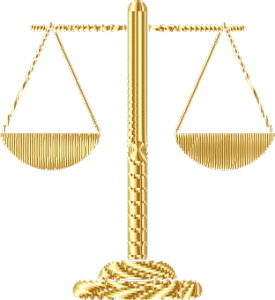Federal Appeals Court Holds that Withholding Paid Time Off Will Not Defeat Professional Exemption to Minimum Wage and Overtime Requirements
The Federal Fair Labor Standards Act, like New Jersey’s Wage and Hour Law, requires that employees as a general rule must be paid a specified minimum wage, and overtime when they work more than 40 hours per week. However, certain classes of employees are exempt from these requirements. Thus, nonexempt employees need to be paid minimum wage and overtime, while exempt employees do not. In order to be considered an exempt employee under the exemption for “professional” employees, an employee must be paid on a “salary basis,” make at least $684 per week, and her work must require advanced knowledge in a field which is normally acquired “by a prolonged course of specialized intellectual instruction; or… requires invention, imagination, originality or talent in a recognized field of artistic or creative endeavor.”
order to be considered an exempt employee under the exemption for “professional” employees, an employee must be paid on a “salary basis,” make at least $684 per week, and her work must require advanced knowledge in a field which is normally acquired “by a prolonged course of specialized intellectual instruction; or… requires invention, imagination, originality or talent in a recognized field of artistic or creative endeavor.”
The United States Court of Appeals for the Third Circuit, which hears appeals from the Federal trial courts in New Jersey, Pennsylvania, Delaware, and the United States Virgin Islands, recently examined the professional employee exemption in the case of Stephanie Higgins v. Bayada Home Health Care Inc.
 New Jersey Lawyers Blog
New Jersey Lawyers Blog



 Some of the most conflict-ridden areas in New Jersey employment involve wage and hour issues – who needs to be paid, how much, when and for what. An important Federal appeals court decision has shed light on one of the most contested topics in this area – when employees mostly paid for benefits.
Some of the most conflict-ridden areas in New Jersey employment involve wage and hour issues – who needs to be paid, how much, when and for what. An important Federal appeals court decision has shed light on one of the most contested topics in this area – when employees mostly paid for benefits.